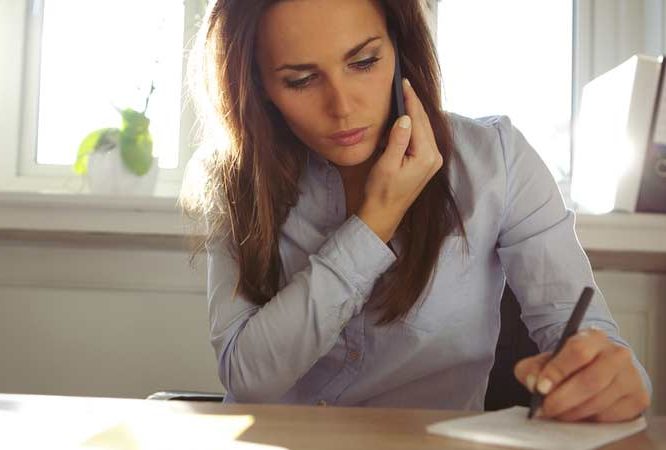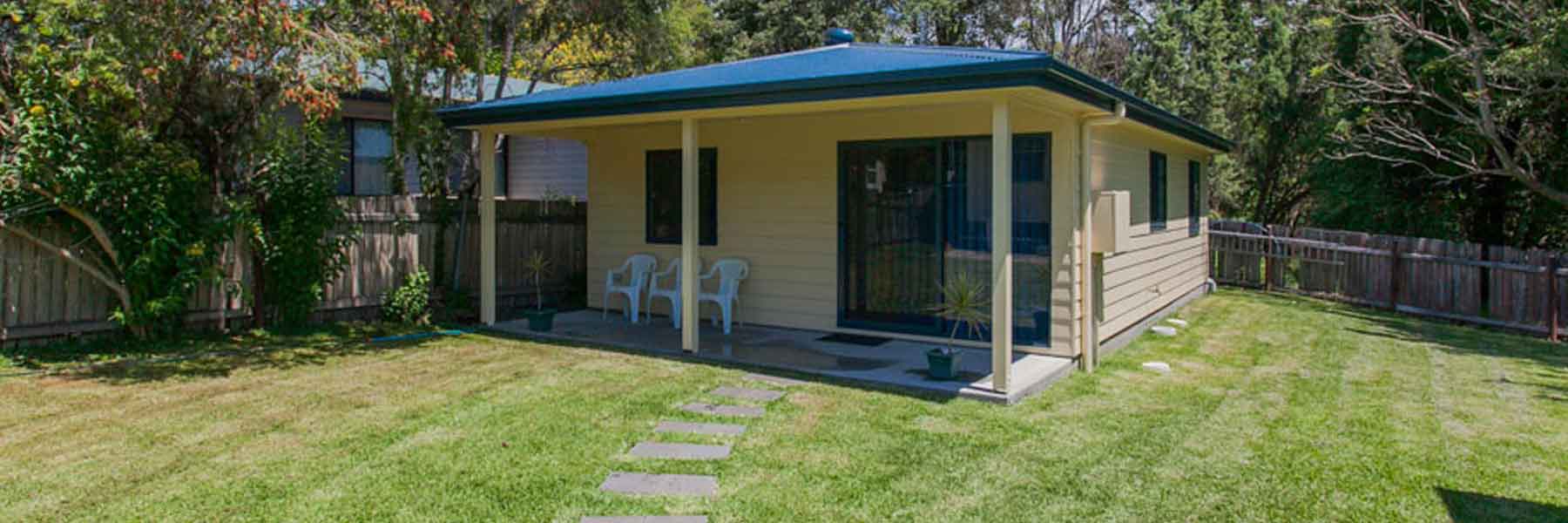It’s all about the interest rate
The interest rate offered on a loan will ultimately determine how much that loan will cost you. Naturally, the lower the interest rate, the better for your hip pocket. Look not just at the base interest rate, which is expressed as a percentage per annum (% p.a.), but also the loan’s comparison rate, which includes any standard fees associated with the loan such as a loan application fee or ongoing monthly fees.
Many lenders are now offering fee-free loans with no application or ongoing costs. Savvy can help you find the best home loan for your needs by offering free loan comparison information to help you make the best choice.
Introductory offers and honeymoon loan rates
There are many great introductory offers available to tempt first home buyers as competition between lenders heats up. Some of these can be of great value for first home buyers, ranging from cashback offers, where the lender gives you a cash sum if you sign up for a home loan, to honeymoon loan rates. These offer you a reduced interest rate on your loan for a fixed period (often six months to two years) before your loan reverts to a standard interest rate. Use this introductory rate loan calculator to work out how much better off you’d be if you chose a loan with an introductory interest rate.
Cashback offers can be as high as $6,000, while honeymoon loan rates can slash up to a full percentage point off your loan interest rate. However, beware of introductory offers which revert to a not-so-attractive (higher) interest rate and cashback offers which have strings attached (such as having to open a transaction account and depositing at least $2,000 a month into that transaction account for six months) to qualify for them.
Loan term
The phrase ‘loan term’ means the length of time you’re given to pay back the loan. A standard first home buyers’ loan has a term of either 25 or 30 years, although the term can be as low as five years. The length of your loan will determine what your repayments are. The longer your loan is, the lower the monthly repayments, but the more you’ll pay in interest.
The most important thing as a first-time buyer is to find a lender who offers the length of term you’re most comfortable with. Try to find a good balance between paying off your loan as quickly as possible (to save on interest) but also keep your repayments to a maximum of 30% of your monthly take-home pay. Any more than 30% of your income spent on your mortgage will likely see you struggling to pay other bills. Use Savvy’s home loan repayment calculator to help you calculate what your repayments might be.
Additional loan features
There are several additional loan features available with first home loans that may be of benefit to you. Think about these features, decide if they’d be useful to you and compare home loans which offer these features with Savvy to make sure you get a deal which is just right for your personal needs.
Offset accounts
These are transaction accounts which are linked to your home loan account. For every dollar you put into your offset account, you’ll pay less interest on one dollar of your loan amount. This is why they are called offset accounts: they offset your principal sum and save you money on interest. Having your wages paid into your offset account is a very effective way of making your income work harder for you. You can use Savvy’s home loan offset calculator to find out exactly how much you could save by stashing your wages and your savings into an offset account.
Extra repayments
As your career progresses and income increases, you may wish to make extra repayments into your loan account to pay your loan off quicker. Make sure your loan allows you to do this without penalty. Additional repayments are permitted on variable rate loans, but there may be caps or limits on how much extra you can pay off if you have a fixed rate loan. Use this extra repayments calculator to crunch some numbers and find out how much you could save by paying a little extra off your loan on a regular basis.
For example, there may be an annual limit of $10,000 maximum that you’re permitted to pay off a fixed rate loan. It’s for this reason that many borrowers choose to split their loan, so they can have the flexibility that comes with a variable rate, but the certainty that comes with a fixed rate. Savvy’s split rate loan calculator can help you decide if a split loan may be the right option for your new loan.
Repayment holidays
Some loans allow you to take a break from paying your loan repayments if you experience financial hardship or ‘exceptional circumstances.’ This might be due to the birth of a new child, illness or temporary redundancy. Most lenders require you to apply for the repayment holiday and explain your exceptional circumstances, but this feature can come in handy if you’re planning an addition to your family, experience sudden illness or have an accident that prevents you from working. Most loans have a cap on the length of repayment holiday permitted.
Redraw facility
If you make additional repayments into your home loan, a redraw facility allows you to redraw those funds in times of need. This can be a lifeline if you suddenly find yourself in need of additional cash and is often a much cheaper option than taking out a more expensive personal loan. Check whether there are any redraw fees that apply, or if there’s a cap on how much you’re able to redraw over a set period.













